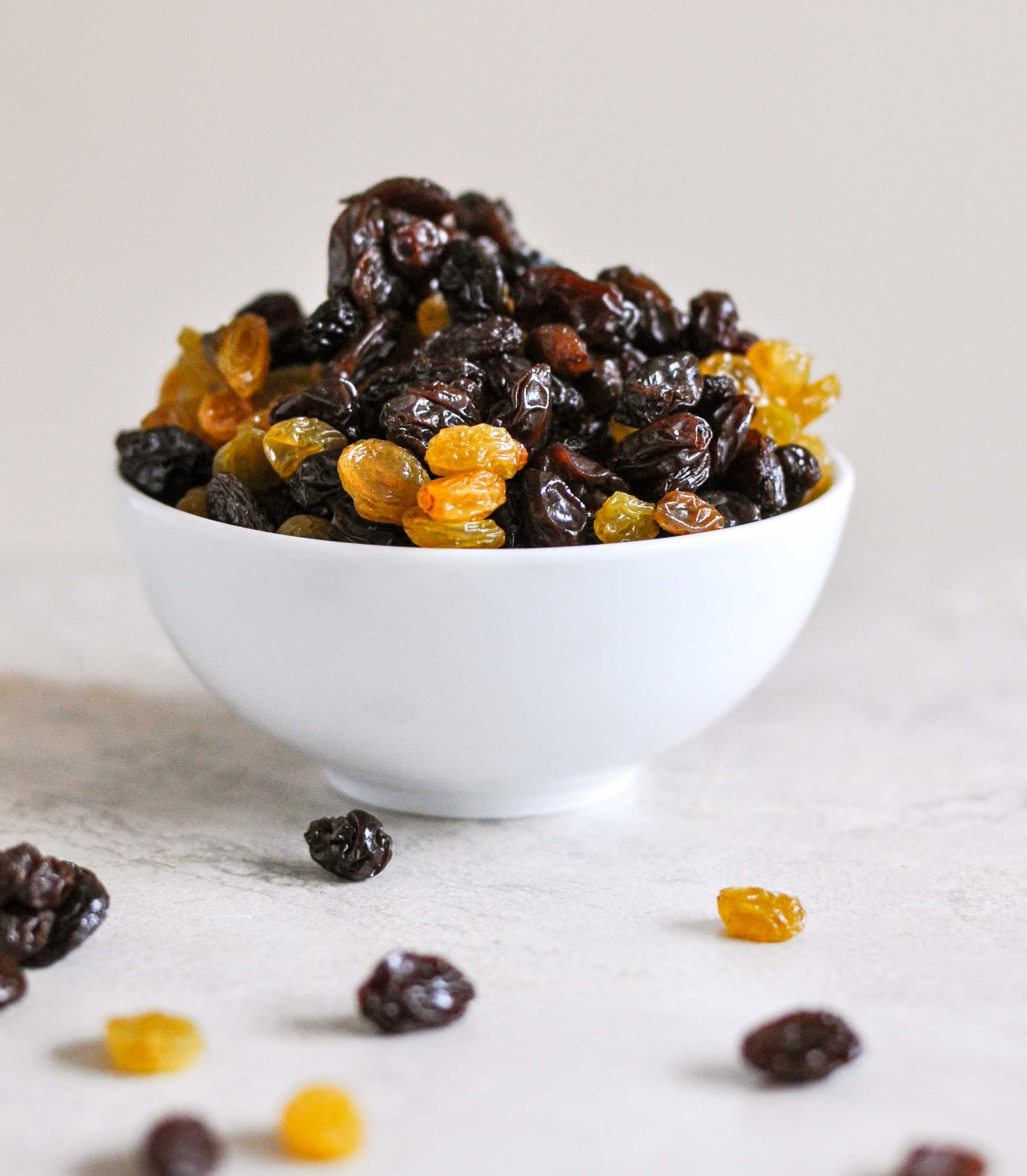The mental health
benefits of exercise are well documented, and even moderate sadness and feelings
of anxiety can be improved
By Dr.
Paul Latimer
Columnist
Troy Media
Columnist
Troy Media
KELOWNA,
B.C. / Troy Media/ - Not only is exercise good for our bodies, it's also good
for our minds.
Most
people with a regular exercise routine will tell you that it makes you feel good
physically and is a helpful way of reducing stress, improving confidence
and self-esteem, and increasing energy. It adds to a general sense of
well-being.
Although
most fitness research in the past focused on physical and health benefits,
growing evidence shows that exercise also improves and promotes mental health.
Beyond simple stress relief, exercise can help reduce depression and anxiety,
this new research shows.
Exercise
increases endorphin levels in the brain. These chemicals act as the body's pain
killers and cause increased feelings of happiness.
An
American university study examined people suffering from depression over a
four-month period. It found that 60 per cent of those who exercised for at least
30 minutes three times a week overcame their depression without medication. This
is the same success rate as for those who only used medication to treat their
depression.
These are
promising results - and they aren't the only ones available on the subject.
Several other studies have consistently shown that exercise can lead to a
significant reduction in depression. Research also shows that these benefits can
begin as early as the first exercise session and may last after the exercise is
finished.
Other
studies examined the relationship between exercise and anxiety. Analysis of many
studies conducted over the past several decades found that more than 80 per cent
concluded that physical activity and fitness are related to the reduction of
anxiety. Aerobic exercise such as running, swimming or cycling seems to be the
most effective.
Of course,
you don't have to have a clinically significant amount of depression or anxiety
to receive the mental health benefits of exercise. Even moderate sadness and
feelings of anxiety can be improved with exercise.
The
relationship between mental health and exercise can also work in reverse. A
recent study published in the American Journal of Public Health examined
teenagers. It found that those with low levels of physical activity and more
sedentary behaviour had a much higher likelihood of developing depression after
one year. The study concluded that this lack of activity constituted a risk
factor for depression.
Mental
ability can also improve with exercise. Some research shows that regular
exercise improves cognitive function. One study at a university in Japan looked
at a group of volunteers who began a jogging regimen. Their memory and mental
ability increased throughout the study. When the exercise stopped, the benefits
reduced, showing the importance of regular and maintained exercise.
All of
this is promising for those suffering from these psychiatric conditions, but
simple exercise is not be a cure-all. Not everyone will get better without more
formal treatment from a doctor. If you are depressed or anxious, it is still
wise to speak with your doctor about it.
Don't be
discouraged if jumping on the treadmill doesn't make you feel completely better.
Other help is also available.
On the
other hand, exercise will not make you worse and everyone can benefit to some
degree.
These
benefits can be felt even with moderate exercise. You don't necessarily have to
spend hours and hours a week at the gym.
The
important thing is just to get out there and get moving - for your physical and
mental well-being.
Dr.
Paul Latimer is president of Okanagan Clinical Trials and a Kelowna
psychiatrist. Paul is included in Troy Media's Unlimited Access
subscription plan.
© 2016 Distributed by Troy
Media








